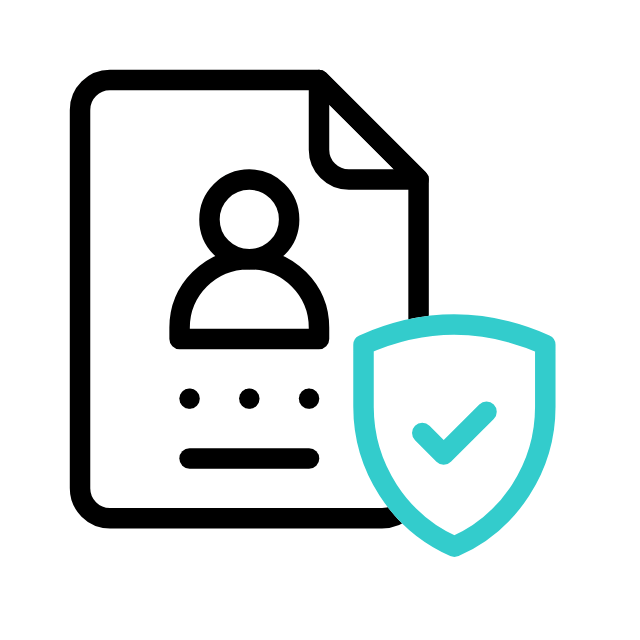KOMPYUTER VA AXBOROT TEXNOLOGIYALARIGA MUNOSABAT
Maqola haqida umumiy ma'lumotlar
Mazkur maqolada o'qituvchi va talabalarning kompyuter va axborot texnologiyalariga bo'lgan munosabatiga bag'ishlangan ishlar ko'rib chiqiladi. Talabalar va o'qituvchilarning axborot texnologiyalariga munosabati va ulardan o'quv va kasbiy faoliyatda foydalanishning ayrim jihatlari tahlil qilinadi.
1. Christensen, R. Parallel Forms of Measuring Teachers’ Attitudes toward сomputers / R. Christensen // Information Technology & Teacher Education (SITE)’s 9th International Conference,Washington, DC. 1998 (http://courseweb.unt.edu/gknezek/studies/SITET AC/tsld001.htm).
2. Jay, T. B. Computerphobia: What to do about it? / T. B. Jay // Educational Technology. – 1981. – January. – P. 47-48.
3. Доронина, О. В. Страх перед компьютером: природа, профилактика, преодоление / О. В. Доронина //Вопросы психологии. – 1993. – № 1. – С. 68-78.
4. Kay, R. Exploring the relationship between emotions and the acquisition of computer knowledge / R. Kay // Computers & Education. – 2008. – 50(4), P. 1269–83.
5. Sonnenmoser, M. Ein weit verbreitetes Phänomen /M. Sonnenmoser // Deutsches Ärzteblatt. – 2010. – H. 1, S. 32-33.
6. Shamsa, A. A Study of I.C.S Students, Knowledge, An- xiety and Attitude Towards Computers / A. Shamsa // PhD thesis, University of the Punjab, Lahore. 2004 (http://eprints.hec.gov.pk/1580/1/1459.HTM).
7. Agbatogun, A. O. Self-concept, computer anxiety, gender and attitude towards interactive computer technologies: A predictive study among Nigerian teachers / A. O. Agbatogun // International Journal of Education and Development using Information and Communication Technology (IJEDICT). – 2010. – Vol. 6. – Issue 2. – P. 55-68.
8. Shah1, M. M. Experiencing Computer Anxiety /M. M. Shah1, R. Hassan, R. Embi // 2nd International Con- ference on Business and Economic Research (2nd ICBER 2011), Proceeding. – P. 1631-1645.
9. Weil, M. M. The etiology of computerphobia /M. M. Weil, L. D. Rosen, S. E. Wugalter // Computers in Human Behavior.– 1990. – 6. – P. 361-379.
10. Chua, S. Computer anxiety and its correlates: a meta- analysis/ S. Chua, D. Chen, A. Wong, // Computers in Human Behavior. – 1999. – 15(5), P. 609-623.
11. Saparniene, D., Students’ Attitudes towards Computer: Statistical Types and their Relationship with Computer Literacy/D. Saparniene, G. Merkys, G. Saparnis(http://www.leeds.ac.uk/educol/documents/1435 81.htm).
12. Feierabend, S., Jugend, Information, (Multi-) Media 2000/S. Feierabend, W.Klingler (http://www.media-perspektiven.de/uploads/tx_mppublicati ons/11-2000_Klingler.pdf).
13. Boboyorov B., Boboyorov Sh. Ta’lim zamonaviy axborot texnologiyalari: kredit-modul tizimi / ITN&T-2022 “Axborot texnologiyalari, tarmoqlar va telekommunikatsiyalar” xalqaro ilmiy-amaliy anjumani. Urganch, 29-30 aprel 2022 y.
14. Гаранина, М. Н. Ценностно-мотивационные отношения преподавателей высшей школы к информационно - технологической деятельности /М. Н Гаранина, М. Е. Дмитриев, А. Е. Серёжкина // Вестник Казан. тех- нол. ун-та. – 2010. – № 12. – С. 93-96
Boboyorov, S. B. (2022). KOMPYUTER VA AXBOROT TEXNOLOGIYALARIGA MUNOSABAT. Academic Research in Educational Sciences, 3(6), 318–328. https://doi.org/
Boboyorov, Shohjahon. “KOMPYUTER VA AXBOROT TEXNOLOGIYALARIGA MUNOSABAT.” Academic Research in Educational Sciences, vol. 6, no. 3, 2022, pp. 318–328, https://doi.org/.
Boboyorov, B. 2022. KOMPYUTER VA AXBOROT TEXNOLOGIYALARIGA MUNOSABAT. Academic Research in Educational Sciences. 6(3), pp.318–328.
 O'zbekcha
O'zbekcha English
English Русский
Русский


